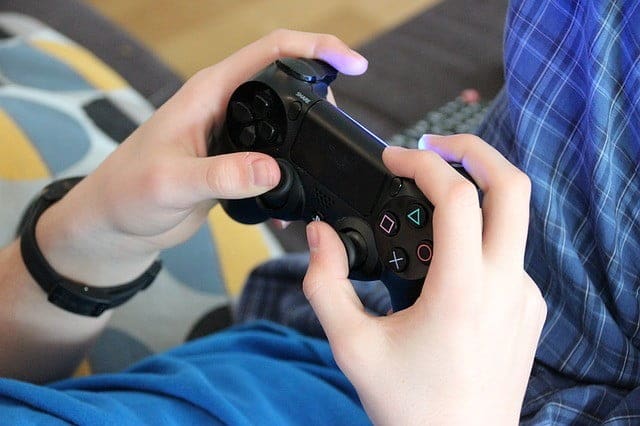 eLearningworld News
eLearningworld News
Action video games can do more harm than good for your cognitive skills a new study from the University of Montreal suggests. Greg West, an associate professor of psychology at UdeM, that in collaboration associate professor of psychiatry Véronique Bohbot with McGill University, made the study, comments the result in the following way: “Video games have been shown to benefit certain cognitive systems in the brain, mainly related to visual attention and short-term memory. But there is also behavioral evidence that there might be a cost to that, in terms of the impact on the hippocampus.” The main results shows that habitual players of action games have less grey matter in their hippocampus. “More grey matter in the hippocampus means a healthier brain, all round.” As this process continues risk of developing brain diseases ranging from depression to schizophrenia, PTSD and Alzheimer’s disease increases. However, the research result also shows that if a game is harmful or not depends on how it is developed, where intuitive 3D-games “with inbuilt GPS” instead generated grey matter in the hippocampus. “Ninety hours of playing action games led to hippocampal atrophy in response learners, while 90 hours of playing 3D games led to increased grey matter within the hippocampal memory system of all participants.” The research method of the project was to scan the brains of habitual players and non-players in a full neuro-imaging study and followed up with two longitudinal studies to establish causality. Source: University of Montreal
Opens in a new tab



